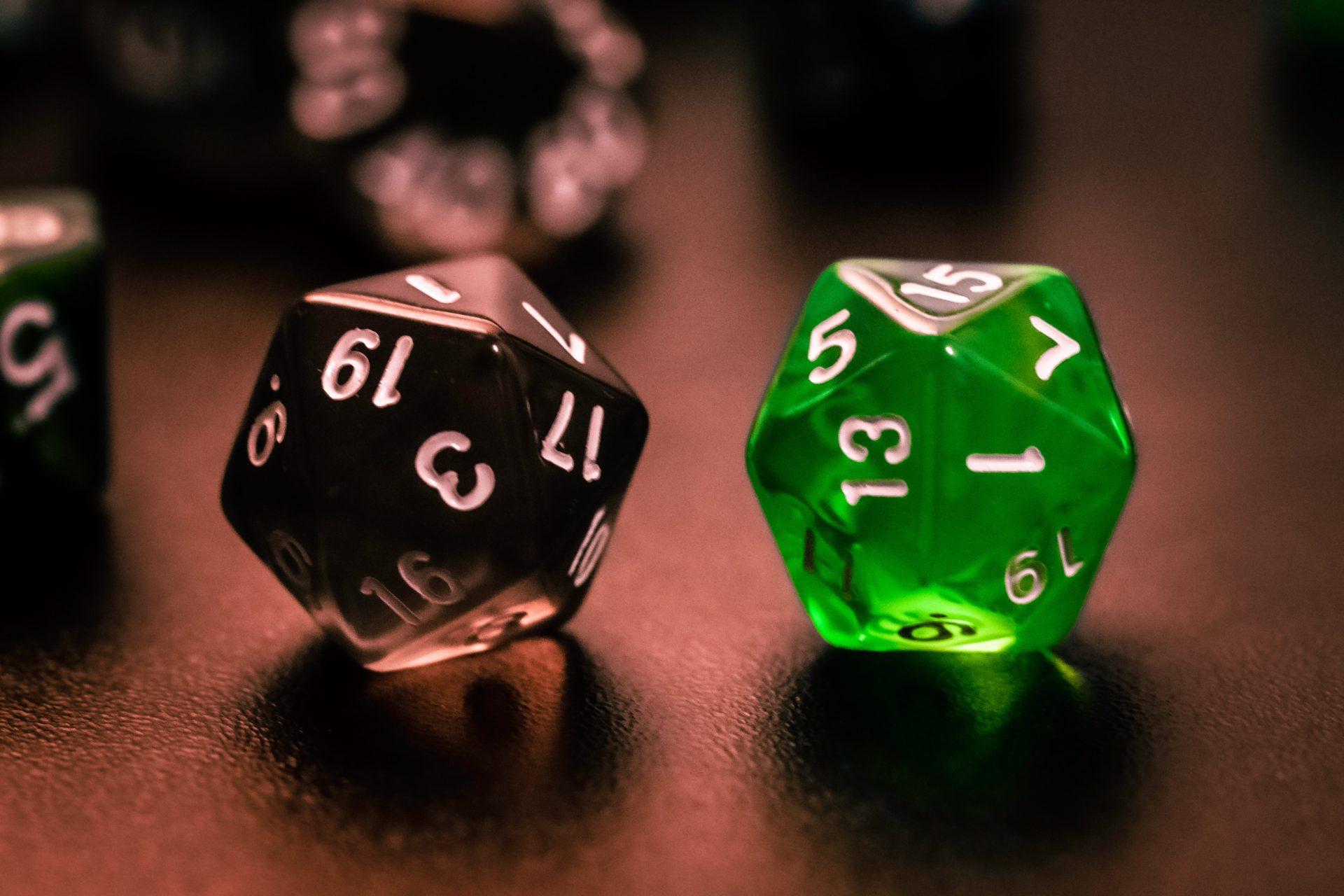
Dec
How can you use stats in video games?
Stats are and always have been integral to video games, but here are some ways they can be used creatively to go beyond combat.
Almost all video games use character stats to influence game play. This might be as simple as “if the player has gotten the mushroom, he can take an extra hit before dying” to as complicated as a fancy RPG where the player has to balance 45 different abilities that make the difference as to whether a boss is beatable or completely invincible.
A great many games use stats similar to those developed by the role-playing game Dungeons and Dragons, where a character has certain base statistics (strength, constitution, etc.), those that can be changed by use of weapons or armor (a +2 sword), and ones that will change during battle (health, magic). But statistics can be incredibly complicated and used for literally anything that a number can be assigned to.
Take, for instance, the statistic of charisma in D&D. While it can be used in combat (banishing undead, certain saving throws), it can also be used in non-combat scenarios. (e.g. if a player is hoping to get information from a surly bartender, he can pass a charisma check to get the bartender to spill the latest rumors). Using checks this way can make non-combat scenarios more game-like and give the player a sense that their build matters even when they’re not slaughtering orcs.
Another option for non-combat stats involves using them to unlock dialogue choices. For instance in the classic RPG Planescape Torment (Steam), dialogue options are revealed based upon intelligence, wisdom and charisma. An intelligent character can see more solutions to a problem than one who’s stupid (who may, in turn, only be able to grunt at the quest giver). In a similar vein, a charismatic character will be treated better than a social bore, and an evil character may be allowed to murder a companion (which a good character wouldn’t conceive of doing).

Even outside of RPG settings, statistics are often used to enhance game play. For instance, in The Sims, stats determine character behavior both permanently (personality traits) and short term (the Sim really needs to use the bathroom and will act extremely agitated until you find her a toilet).

And game designers can get incredibly creative with what stats are tracked – and matter. For instance, strategy game Long Live the Queen tracks a whopping 46 stats that the player will need to make skill checks that occur regularly through the game. (The stats also give dress up outfits because why not?) These stats range from the traditional (magical power) to the obscure (falconry), with some of them proving more useful than others.

It’s exciting to think of the number of game play elements that could be incorporated into a stat, ranging from skill checks to conversation options to physical strength to mental dexterity. Each of these allows players the ability to choose how to build their characters – and gives rewards and consequences based on their decisions.
For more articles on video games, check out our features!
